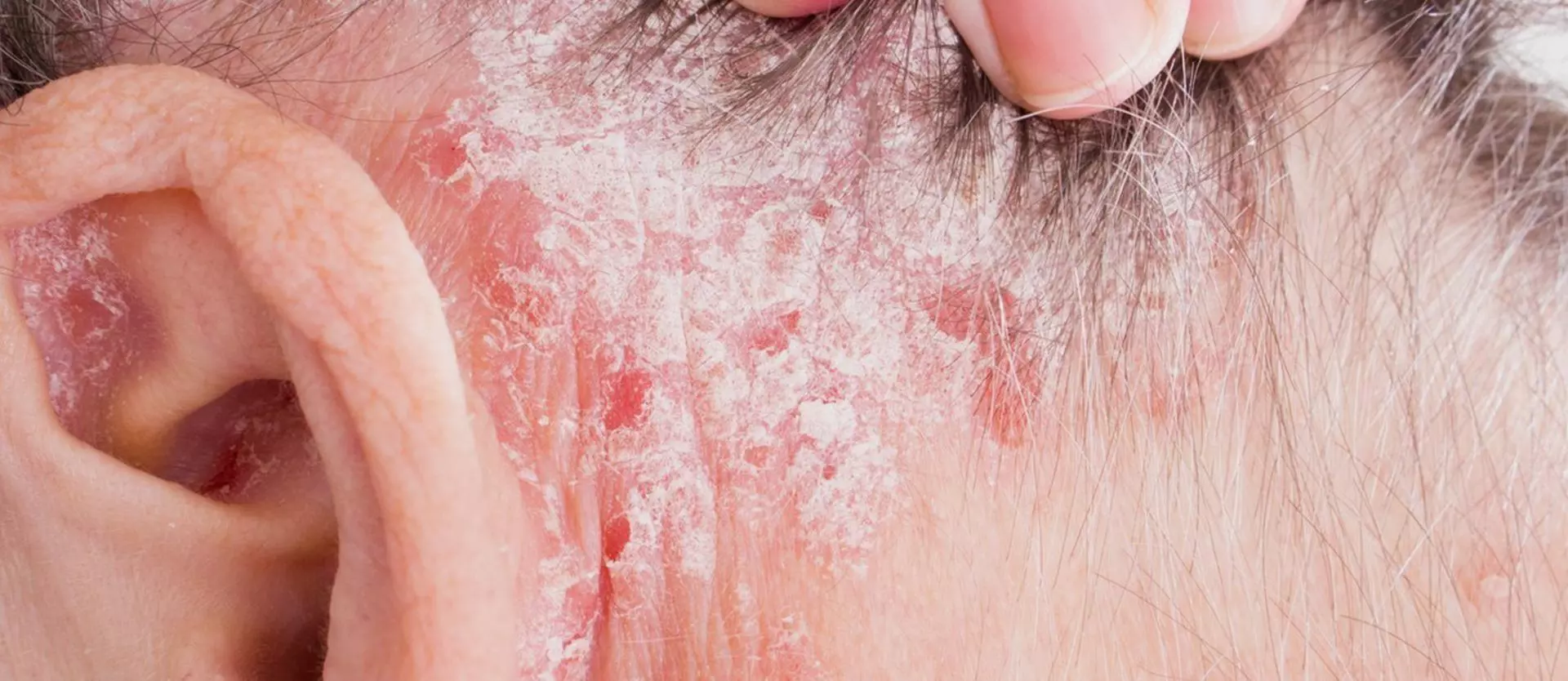It is not uncommon for individuals to struggle with a dry and itchy scalp. However, for some people, their skin is actually fighting against them. Psoriasis is a type of autoimmune condition in which the body’s immune system fights against healthy skin cells. The result is a thick, crusty condition that develops. It is not necessarily painful at first, but it can create severe inflammation and difficulties for the skin over time. If you have this condition, it may help to know there is help available to you.
What Happens and Why?
Scalp psoriasis is a condition that can range from very mild to severe. The condition occurs when plaque like substances build up on the outer layer of the skin. These scab-like buildups can become painful over time. They also cause dandruff-like flakes to come off the head. When this happens, individuals should seek out their doctor’s care for an immediate appointment. The goal here is to treat the skin condition first as a primary goal. Most people can see some benefits in doing so, though others may need medications to make it possible.
What Treatment Options Are Available to You?
This is one of those conditions where it becomes important to work with a team of specialists. Not all treatment options work for all individuals. It becomes up to you and your doctor to determine a treatment that offers the fewest side effects for you but provides you with ample improvement of your skin health. There are a few key ways it may be possible to treat this condition.
For Those with a Mild Form
A mild form of psoriasis can occur in many people, and it is hard to notice in some. In these cases, there are few flakes and limited areas of irritation. However, there are some over the counter treatments that may help. For example, scalp therapy trichology based treatments help to soothe the skin and limit inflammation from occurring. Some specially designed products are available that may help. If they contain salicylic acid, they may offer more help than others.
For Moderate or More Severe Cases
When you visit your doctor’s office, he or she is likely to provide more aggressive treatment if you have a condition that warrants it. This may mean you have more areas of aggressive growth, more coverage of your skin, or you have painful plaque buildup present. In these cases, your doctor may be able to use an injection of steroid-based medications. This can help to treat some areas very well.
In other cases, doctors may recommend a topical treatment. These products are massaged into the scalp according to the doctor’s recommendations. They include treatments such as anthralin, Dovonex and Tazorac. In addition to this, there are other medications doctors can offer. These are taken in a pill form, though some topical products may also be available. These include biologics, methotrexate, oral retinoids, cyclosporine, and ultraviolet lights. Your doctor is likely to recommend which of these is best suited for your specific needs.
What Should You Do Now?
When it comes time to get treatment for the way your skin feels, be sure to choose a high-quality treatment plan. This often means meeting with a family doctor first and then seeing a hair specialist. This professional can help to determine how severe the condition is and then offers treatment options to fit your goals. In nearly all situations, your goal will be to see significant improvement.
When treated in an aggressive manner, scalp psoriasis does not have to have any long-term impact. You may be able to get rid of it. In other cases, it may remain for the long-term, but tends to be something doctors can control. Do not wait to seek out help for these needs.
Contact the hair specialists at Unique Hair Concepts to learn more.






